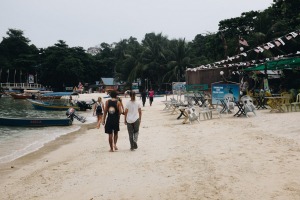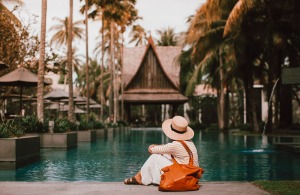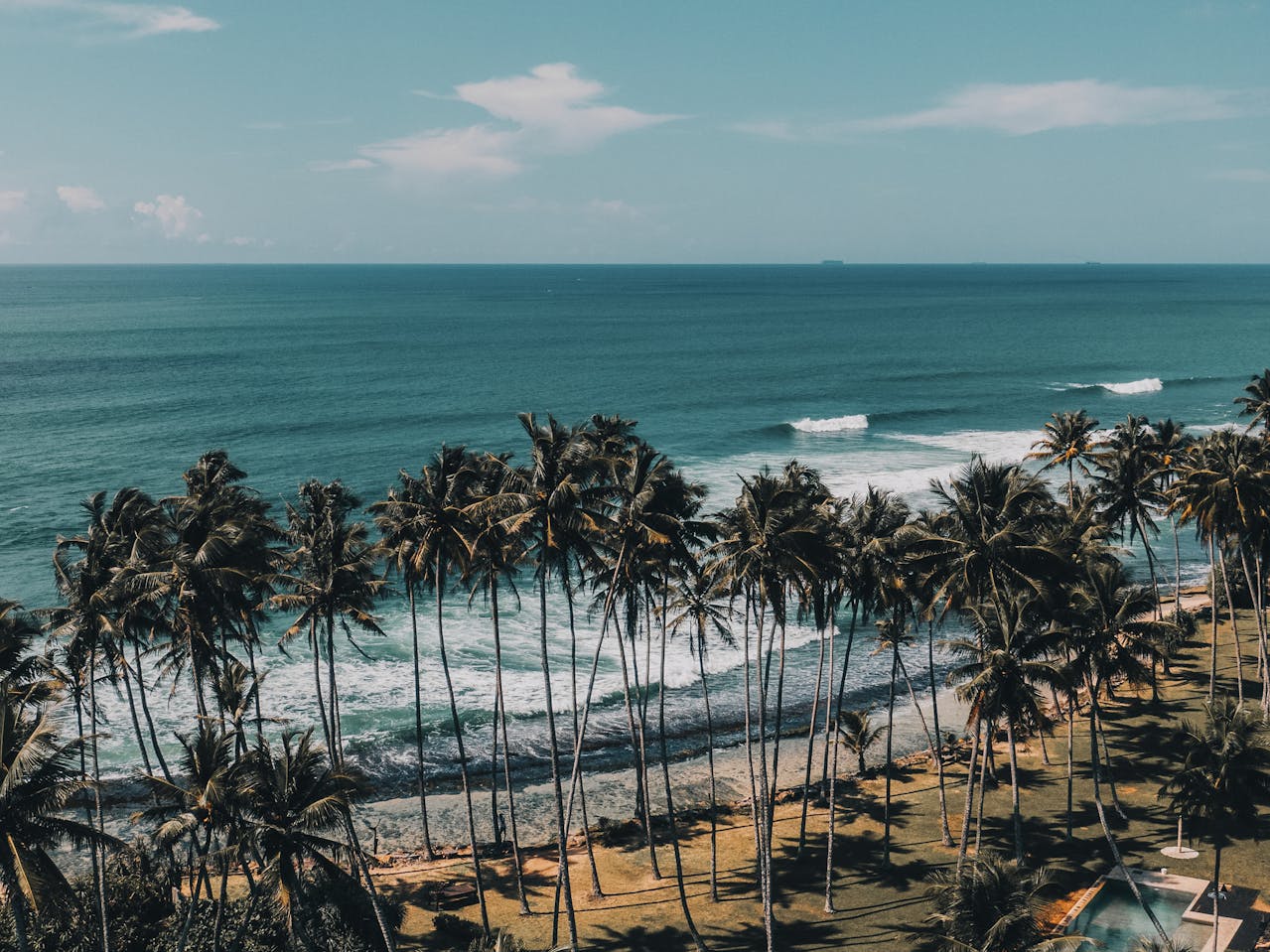Author: Sophia Perry
Moving to the Caribbean island of Jamaica can be a life-changing decision. A deep understanding of Jamaican culture is required to ensure a smooth adjustment. So, before you pack your bags and book your flight, take some time to learn about the local customs, traditions, and community life. Embracing the island’s cultural norms and social etiquette will help you integrate more effortlessly into your new community. Whether buying a house on the sandy beaches or in the heart of a bustling town, appreciating the island’s heritage is key. This guide aims to equip you with essential insights about life in Jamaica, preparing you to make your house a home.
Buying a Home and Moving to Jamaica
Exploring the real estate landscape in Jamaica requires careful planning and knowledge. First, familiarize yourself with the legal requirements for property ownership specific to foreigners. This will avoid unexpected hurdles during the acquisition process. Also, consider the location carefully; proximity to amenities such as schools and healthcare facilities can significantly impact your living experience.

When you embark on an international move, particularly when moving from Virginia to Jamaica and hiring international movers, it’s crucial to choose reputable professionals experienced in cross-border relocations. They can help navigate customs and transportation complexities, ensuring your belongings arrive safely. Also, engage a local real estate agent knowledgeable about the island’s various communities. They provide invaluable insights into the housing market and help you find a residence that suits your lifestyle needs.
Living close to services like schools and hospitals can make a big difference in how you live.
The Vibrant Tapestry of Jamaican Culture
Jamaica showcases a rich confluence of cultures derived from African, Indian, European, and Chinese heritages. Each influence weaves into the local customs, foods, and traditions, painting a complex mosaic of community life. Reggae and dancehall music, iconic to the island, underscore the nation’s global cultural impact, offering rhythmic insights into the collective spirit.
Significantly, national symbols like the Jamaican flag or the beloved dish ackee and saltfish carry deep meanings. The flag represents the strength and hardships faced by the nation, while ackee and saltfish connect to the island’s soul through taste, evoking a sense of home and belonging.
Also, artistic expressions flourish across the island, from vibrant street murals to intricate handicrafts that tell stories of heritage and resilience. These art forms not only beautify spaces but also serve as a voice for social and political commentary, reflecting the pulse of Jamaican society.
This rich cultural mix influences everyday interactions, celebrations, and even the way communities come together. Understanding this cultural landscape is crucial for anyone considering making the island their residence. It invites newcomers to participate in a living, breathing culture steeped in a history of diversity and resilience.
Language and Communication Styles

In engaging with Jamaica’s rich cultural landscape, grasping the nuances of communication is crucial. Jamaicans often express themselves through Patois, a vibrant dialect combining English with African influences. To integrate successfully, mastering a few basic Patois phrases will prove invaluable. Expressions such as “Wah Gwaan” (What’s going on?) are commonplace and will help bridge communication gaps.
Additionally, understanding Jamaican culture involves recognizing the direct and expressive nature of local interactions. Conversations are typically candid, with community members valuing honesty and straightforwardness. This approach to communication reflects the island’s spirited and open-hearted ethos. Therefore, newcomers should prepare to engage openly and respectfully, which fosters trust and camaraderie within the community.
Moreover, when considering a residence in Jamaica, it is important to appreciate these communication styles. They influence not just daily exchanges but also significant transactions like purchasing property. Knowing when to speak candidly or listen attentively can greatly enhance your experience and integration into Jamaican life.
Getting the subtleties of communication is essential to understanding Jamaican culture.
Community and Family Dynamics
In Jamaica, the notion of “family” extends far beyond blood relations. Neighbors and community members often take on familial roles, supporting each other in daily life and during special events. Consequently, social gatherings such as street dances and local markets play a crucial role in strengthening these bonds. These events serve as vital social hubs where traditions are passed down, and community solidarity is reinforced.
Besides, relationships within the community significantly shape one’s living experience on the island. For instance, mutual respect and cooperation are highly valued, fostering a warm and welcoming atmosphere for newcomers. Hence, when selecting a residence, consider not just the property itself but also the community spirit and the connections you aspire to build. This approach will enhance your integration into local life and enrich your living experience, allowing you to enjoy what your new locality has to offer truly.
Religion and Spiritual Practices

Navigating the religious landscape of Jamaica is key to understanding Jamaican culture and feeling at home in this island nation. Predominantly Christian, the community also includes Rastafarian, Hindu, and Islamic members, each adding to the cultural fabric. Also, spirituality often permeates daily activities, influencing how locals interact and bond.
Consequently, attending local church services or community religious events can enrich one’s experience. These gatherings are spiritual and social, offering insights into communal values and norms. For newcomers, participating respectfully in these practices can build bridges with neighbors and foster a deeper connection to the locale.
The local industries in Jamaica mostly focus on mining, agriculture, and the service industry.
Economic and Social Considerations
Economic and social landscapes differ greatly between Jamaica and Virginia, guiding potential homeowners in unique ways. Jamaica, with its tourism-centered economy, contrasts sharply with Virginia’s mixed economy that includes government, military, and technology sectors. Consequently, employment opportunities and economic stability vary distinctly. In Jamaica, one should understand the nuances of local industries – mainly agriculture, mining, and the service sector. On the other hand, Virginia offers a wider range of job prospects in both public and private sectors.
Socially, Jamaica presents certain challenges like limited access to healthcare and educational services. Before settling down, consider these aspects carefully; they impact daily life and community integration significantly. Lastly, the socioeconomic status across different neighborhoods in Jamaica can influence your living experience. Always research thoroughly to find a locale that aligns with your lifestyle and values.
Conclusion
Understanding Jamaican culture enriches your experience as you select a home. You learn to value local norms, embrace community practices, and adapt to new communication styles. Additionally, this knowledge guides you in choosing a neighborhood that complements your lifestyle and values. Thus, the essence of this process is not merely buying a property but integrating into a community that feels like home. So, let this guide empower you with the insights needed to make a well-rounded choice, celebrating the culture of Jamaica and ensuring a harmonious living experience.


